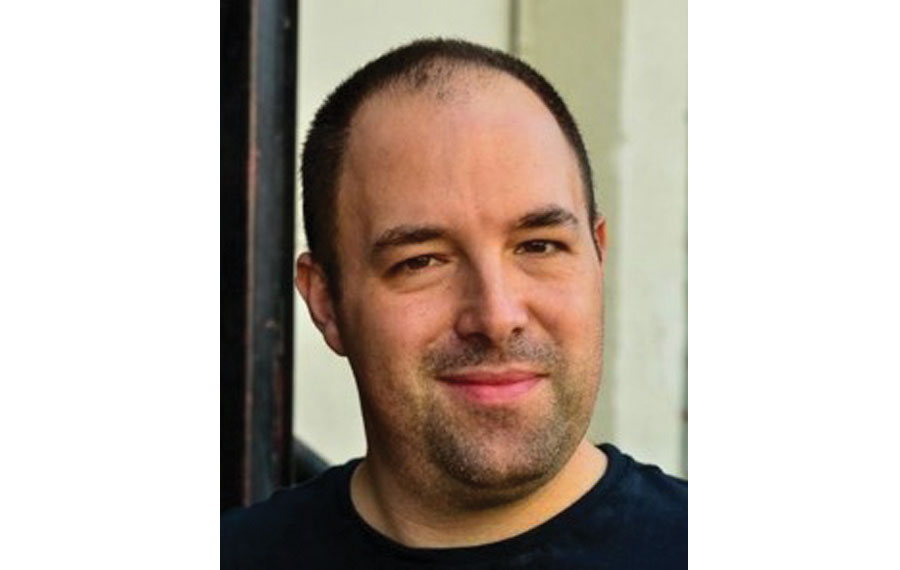 Michael Freedman
Michael Freedman For the past four years, Michael Freedman has been traversing the globe out of his home base in Tel Aviv with a grand vision to transform Israel’s economy while simultaneously redefining and strengthening relations between Israel and its Diaspora.
“The Diaspora-Israel relationship is a wobbly stool because it only has two legs, philanthropy and advocacy,” Freedman said. He holds that to stabilize the relationship and strengthen Israel in the long term, a third leg must be added: capital investment.
He argues that the current relationship largely still follows a paradigm established during the global efforts to build the State of Israel over a half-century ago.
“We used to have the Israeli toddler and the Amerian young parents,” he said. “But Israel has grown up and now what we have is a kid going to college. The type of support you give your child in college is not the same as the support you give a teenager. As your child becomes a young adult, you help invest in the college fund or buy a house to underwrite their mortgage.”
He continues the metaphor, noting, “Here in Israel, we’re testing our independence, learning to stand on our own, but needing the help to grow as an adult.” And that means adding the investment pillar.
Freedman calls for a radical undertaking, stating, “I’m not convinced we’re the ‘Startup Nation’ yet; I think we’re getting there. Only 1 in 7 of us in Israel are [part of the] ‘Startup Nation.’ We are largely carrying the others on our backs. How do we bring others into this workforce? The systemic change we need is way beyond the financial capacity of the government, private sector and NGOs (nongovernmental organizations) combined.”
“If you claim to be a Zionist, how come 2% of your pension isn’t invested in Israel?”
And that’s where the Diaspora comes in. “The only place we are going to find the resources to really create this — which will be a combination of public, private and philanthropic capital — is Diaspora Jewry,” he said, “clearly led by the overwhelming firepower of the American Jewish community.”
Freedman’s premise rests on the idea that if Israel is able to tap into American Jewish financial assets, if even 2% of American Jewish savings, organizational endowments and investments were made in Israel, it would transform Israel’s economic position in five years. “If you claim to be a Zionist, how come 2% of your pension isn’t invested in Israel?” he asks.
Freedman believes that every major Jewish foundation and endowment could lead this process by saying, “We signed up,” akin to Bill Gates’ Giving Pledge for billionaires. It’s what Freedman calls a Peoplehood Pledge. Diaspora Jews, he said, should “invest your actual capital with a view to make returns in the country of the Jewish people.”
This coming spring, the Investment Institute of the Jewish Federations of North America will hold its conference alongside the Jewish Funders Network in Florida. “So in March, the exact 50 people we need in one room to make this massive shift happen — the main body of American Jewry with all of the main donors — could make this decision,” Freedman said. And he plans to be there to encourage them to do just that.





















 More news and opinions than at a Shabbat dinner, right in your inbox.
More news and opinions than at a Shabbat dinner, right in your inbox.